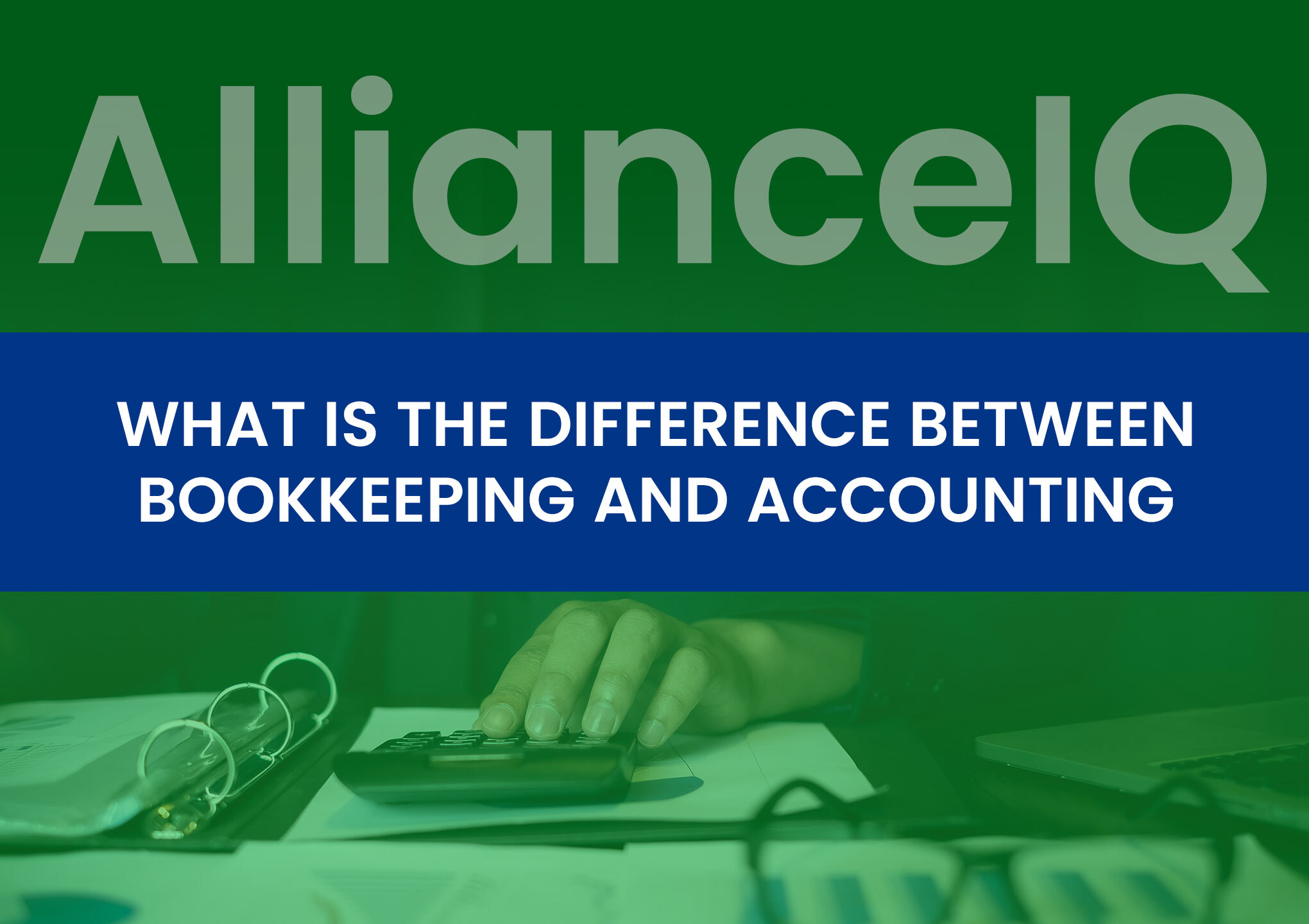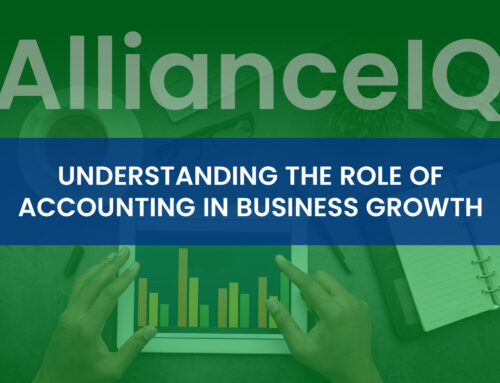What Is The Difference Between Bookkeeping And Accounting?
Two fundamental processes play a crucial role in the field of business, where numbers dictate the language of success – bookkeeping and accounting. These phrases, although frequently used interchangeably, have unique roles and duties within an organization’s financial environment. In this in-depth examination, we delve into the details that distinguish bookkeeping from accounting and shed light on their particular importance in the corporate world. Explore What Is The Difference Between Bookkeeping And Accounting With TheAllianceIQ.
Defining Bookkeeping:
Bookkeeping is the cornerstone of financial record-keeping, serving as the meticulous process of recording and organizing financial transactions. This includes the day-to-day activities such as purchases, sales, receipts, and payments. Bookkeepers are entrusted with the responsibility of maintaining accurate and up-to-date financial records, ensuring that every transaction is duly recorded in the appropriate ledger.
The primary objective of bookkeeping is to create a clear and organized trail of financial data that can be used for various purposes, such as financial analysis, decision-making, and tax preparation. Bookkeepers employ double-entry accounting to record every transaction, ensuring that each entry has an equal and opposite entry in another account.
Key Bookkeeping Functions:
- Recording Transactions: Bookkeepers meticulously document all financial transactions, ensuring that no detail is overlooked. This includes categorizing transactions into relevant accounts.
- Bank Reconciliation: Bookkeepers reconcile bank statements with the company’s records to identify and rectify any discrepancies. This process ensures the accuracy of financial data.
- Invoicing and Billing: Bookkeepers handle the issuance of invoices to clients and the tracking of payments received. This is crucial for maintaining cash flow and monitoring outstanding balances.
- Recording Financial Data: The role of a bookkeeper extends to organizing and recording financial data into ledgers, making it accessible for further analysis by accountants.
Defining Accounting:
While bookkeeping lays the foundation, accounting ascends to a higher level of financial analysis and interpretation. Accounting involves the interpretation, analysis, classification, summarization, and communication of financial information derived from bookkeeping records. Accountants are not just concerned with recording transactions; they are strategic financial advisors who provide insights based on the data provided by bookkeepers.
Key Accounting Functions:
- Financial Reporting: Accountants prepare financial statements such as the income statement, balance sheet, and cash flow statement. These documents offer a comprehensive overview of the financial health of an organization.
- Analysis and Interpretation: Accountants analyze financial data to identify trends, patterns, and areas of concern. They interpret the information to provide strategic insights for decision-making.
- Budgeting and Forecasting: Accountants are pivotal in creating budgets and forecasts based on historical financial data. This aids in planning and setting financial goals for the organization.
- Compliance and Taxation: Accountants ensure that financial records comply with relevant laws and regulations. They are responsible for preparing and filing tax returns, and minimizing tax liabilities while adhering to legal requirements.
Distinguishing Factors:
- Scope and Depth: The fundamental distinction Difference between bookkeeping and accounting lies in their scope and depth. Bookkeeping is a subset of accounting, focusing on the systematic recording of financial transactions. Conversely, accounting encompasses a broader spectrum, involving analysis, interpretation, and strategic decision-making based on the recorded data.
- Decision-Making: While bookkeeping provides the necessary raw data, accounting transforms this data into actionable insights. Accountants play a crucial role in guiding business decisions by offering financial intelligence and forecasting based on the analyzed data.
- Reporting: Bookkeeping generates raw data, and accountants transform this data into comprehensive reports. Financial statements prepared by accountants provide a snapshot of an organization’s financial health, aiding stakeholders in making informed decisions.
Conclusion:
In the intricate tapestry of business operations, both bookkeeping and accounting are indispensable threads. While bookkeeping lays the groundwork by meticulously recording every financial transaction, accounting ascends to a higher plane, offering strategic insights and analysis that drive key business decisions. Understanding the nuances of the What Is the Difference Between Bookkeeping and Accounting is essential for businesses aiming not just to survive but to thrive in today’s dynamic economic landscape. Embracing the collaborative power of bookkeeping and accounting ensures a solid financial foundation and positions organizations for sustainable growth and success.








